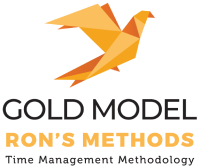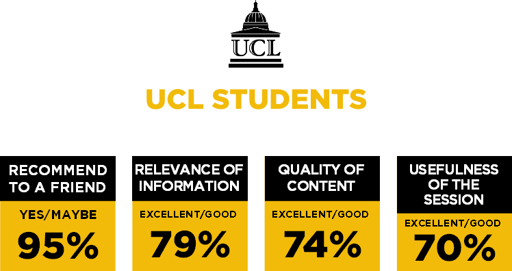Time management and happiness
I want to take you back to thirteen years ago when I moved to Switzerland to study for my BA. In the first semester, I had a course in critical thinking, and the lecturer asked us to write an assignment where we needed to compare two variables.
At that point, I asked myself the main subjects I am interested in. The first thought that came into my mind was a comparison between wealth and happiness, and the main reason was that I asked myself:
“Why did I move to Switzerland?”
The answer was, “To improve my financial situation.”
And then, I asked myself again, “Why do I want to improve my financial situation?”
The answer was, “To become a happier person.”
Below you can see the main conclusion for this assignment.
“The increase of material resources has a good influence on the happiness rate in the short term; however, after longer periods, people get used to the new situation and the level of happiness returns to its former state.”
(Abramowitz 1953) (Easterlin, 1974) (Dorn, Fisher, Kirchgassner, Souza-Poza, 2005)
According to this quotation, the correlation between financial situation and happiness is quite weak for the long term. This is especially true if your income is above $75,000 per year (according to Matthew Killingsworth, senior fellow at the University of Pennsylvania’s Wharton School).
Now, maybe you ask yourself, “What is the best variable that predicts happiness?”
According to Prof. Robert Waldinger, the director of the Harvard Study of Adult Development, “Our study has shown that the people who fared the best were the people who leaned into relationships, with family, with friends, with community.”
I can demonstrate with one private example. My grandmother got ill about thirteen years ago, and her MD told my father that she would live for another seven months. In the end, she lived for eleven years. According to my opinion, one of the main reasons for her long living was that my father and my aunt (both lived abroad) decided that once a month, one of her children or grandchildren would visit her for a couple of days. In such a way, she knew that she could look forward to the next family visit at every time.
Here is a question for you, “How many hours do you dedicate per week to empower your strong relationships?”
Click HERE to download the Guide Book in order to see how the model works.
The Creator Of The Gold Model
meet ron

Ron Lev is the creator of the Gold Model method, which is presented and implemented at universities (which have included, inter alia, Cambridge University and UCL), companies and by individuals.
He has previously developed and implemented other methodologies that have improved the productivity of individuals and organisations on the average of 55%.
The Gold Model is the first method to align our daily tasks and to prioritize our short and long term goals in all areas on which we would like to focus.
6 months plan for your main area of focus
Download Your
Guide Book Now
Understand how the model works
services
What I Do
With the help of the Gold Model you will get measurable and sustainable results and experience an immediate sense of achievement.

The Gold Model will help your company and team enhance the productivity. with a few simple, but very robust steps you will start see the results almost immediately.

The Gold Model is all about letting you achive your goals in the most productive way. Set a 1-on-1 meeting and togather we will understand and define the model for your needs.

The Gold Model is presented and implemented at colleges and universities (which have included, inter alia, Cambridge University and UCL) , the model is the time management methodology for your students studies & careers. Get inquire now for our lectures.




